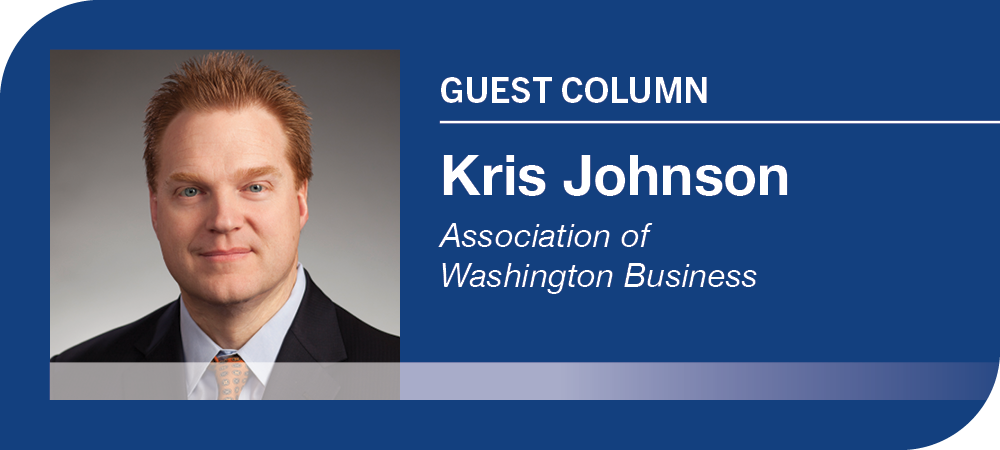
Home » What will lawmakers do with $8.6 billion surplus? We’ll be watching
What will lawmakers do with $8.6 billion surplus? We’ll be watching

January 13, 2022
After two years of Covid-19, many Washington families and small businesses could use a break. Fortunately, the Washington Legislature has the means to help.
State lawmakers have more than $8.6 billion in unrestricted cash reserves. These funds – a historic surplus by any measure – can boost our economy and improve our quality of life if invested wisely.
As legislators go into another legislative session amid an ongoing pandemic, we hope they will make smart choices with this surplus, bring an end to the years of tax increases and champion the economy, which is still approximately 110,000 jobs short of where it was before the pandemic.
They have an opportunity to provide tax relief for employers that create jobs and invest in our communities.
Even though state government and some parts of the economy are not facing a crisis, the good times are by no means universal. Some employers and families hardest hit by the pandemic downturn have yet to fully recover, and everyone is experiencing rising costs due to inflation and tax increases in recent years.
Nearly two years into the worst global pandemic in a century, it’s amazing to think that one of the top challenges facing lawmakers in the 2022 legislative session is figuring out what to do with all the money flowing into the state treasury.
As of the most recent revenue forecast in November, lawmakers had more than $7.3 billion extra to work with through 2025 than they were expecting when they adjourned the 2021 session last spring. That revenue combined with a nearly $650 million drop in the caseload forecast equals $8.6 billion in unrestricted reserves.
The temptation will be to spend it all on new programs.
We’ve already heard lawmakers acknowledge that while the state has a lot of money, it also has a lot of need. That’s true, but it would be a mistake to spend all the surplus on new programs. New programs may sound great now, but they will present a problem during the next downturn when lawmakers will be forced to choose between cutting the programs or raising taxes to keep them going.
Voters are paying attention.
Since February, public sentiment regarding state taxes and spending has shifted dramatically, a recent poll from Opportunity Washington shows. Just a third of voters said then that Washington should cut taxes and spending. That share increased to 51% in November.
With pandemic economic uncertainty still strong, voters – including political independents and King County residents – are asking lawmakers to reduce taxes and spending, to let them keep more of their own money.
So, rather than find new ways to spend all the state’s surplus, lawmakers would be wise to make one-time expenditures to boost the economy, rebuild reserves to ensure Washington is prepared for the next economic downturn and look for ways to help employers and families that are still struggling to recover from the pandemic downturn.
It’s time to reduce the burden on employers and invest in job creation.
In the last three legislative sessions, lawmakers raised 22 taxes that will generate $40 billion in revenue over 10 years, even though none of it was needed to balance the budget. If nothing else, the extraordinary revenue should bring an end to the Legislature’s three-year run of raising taxes.
Last year, employers needed lawmakers to focus on economic recovery and – at the very least – do no harm. Instead, they adopted a capital gains tax, a carbon tax and new fuel standards that will make it more expensive to live and do business in Washington without doing much to help the environment.
This year, they have another chance to become champions for the economy. Let’s hope they take it.
Kris Johnson is president of the Association of Washington Business, the state’s chamber of commerce and manufacturers association.
Opinion
KEYWORDS january 2021




